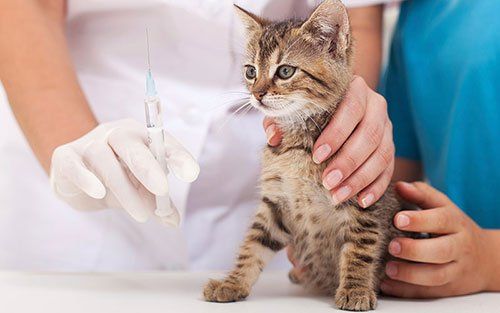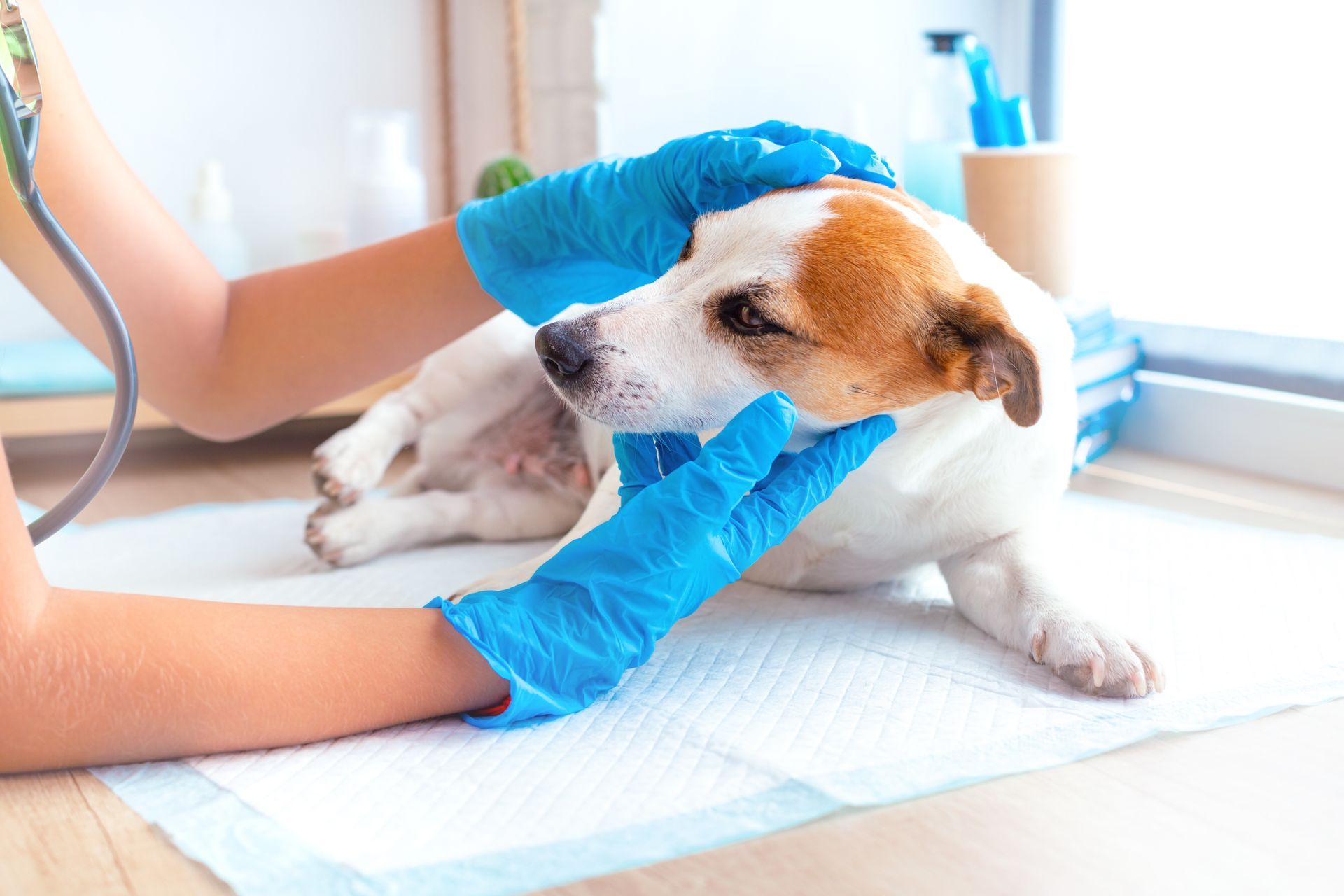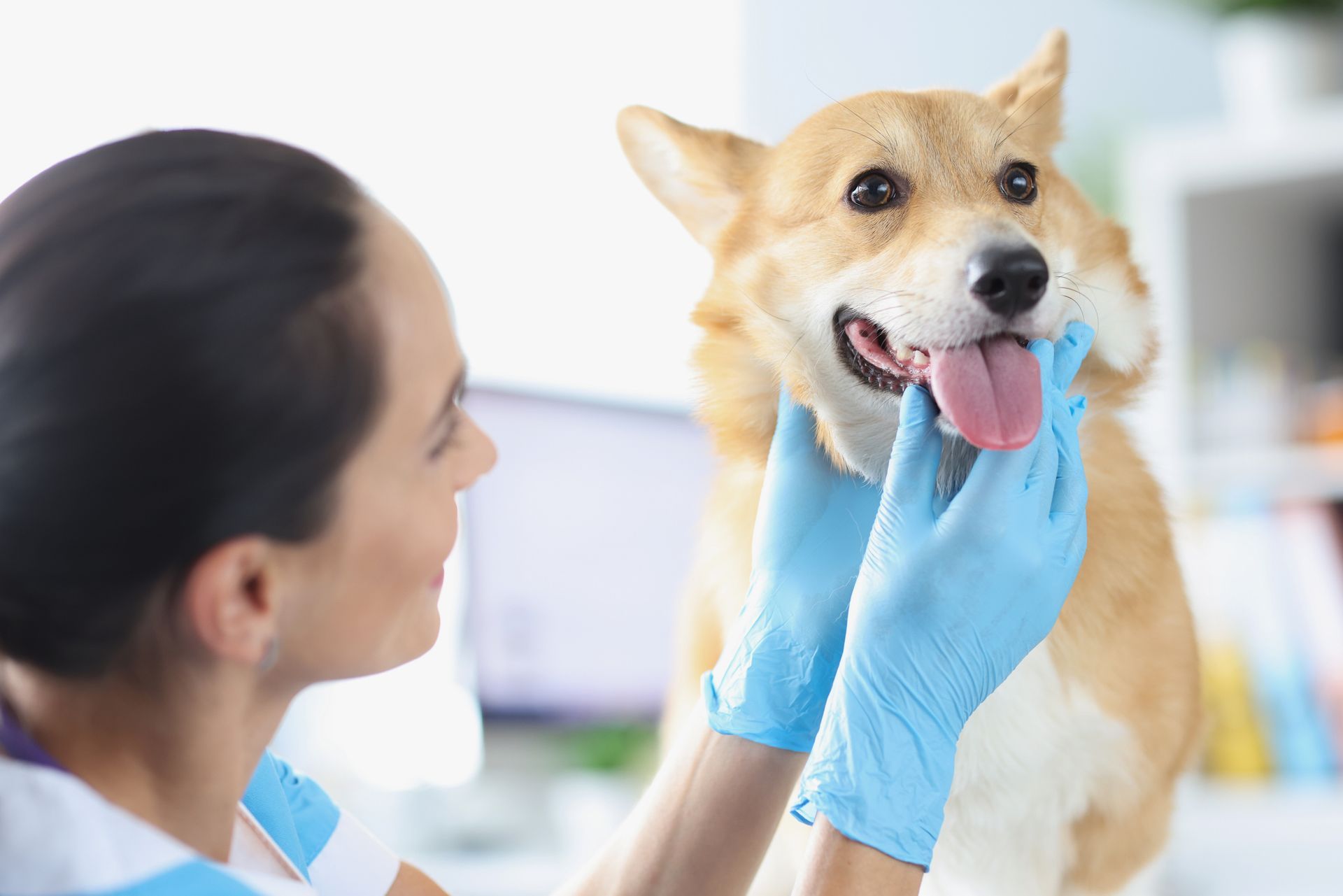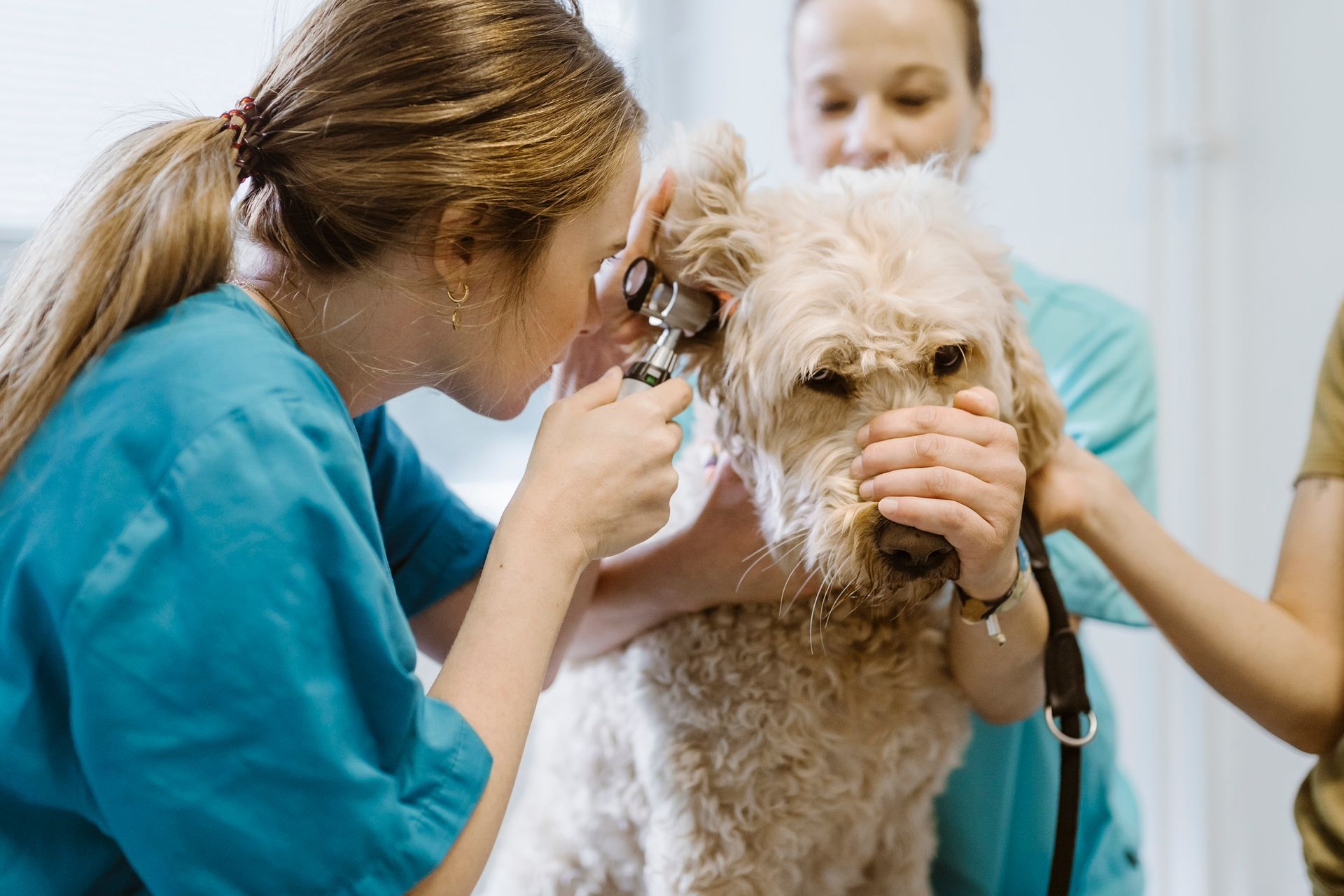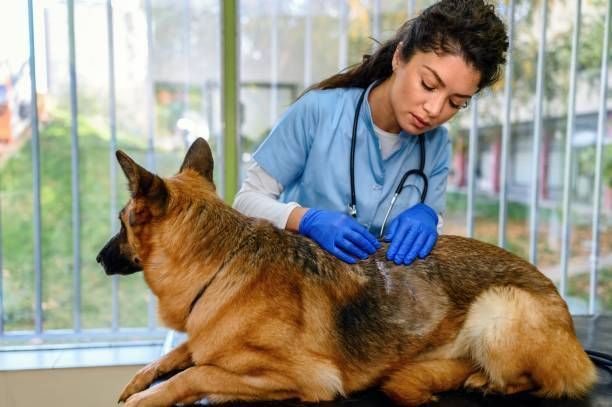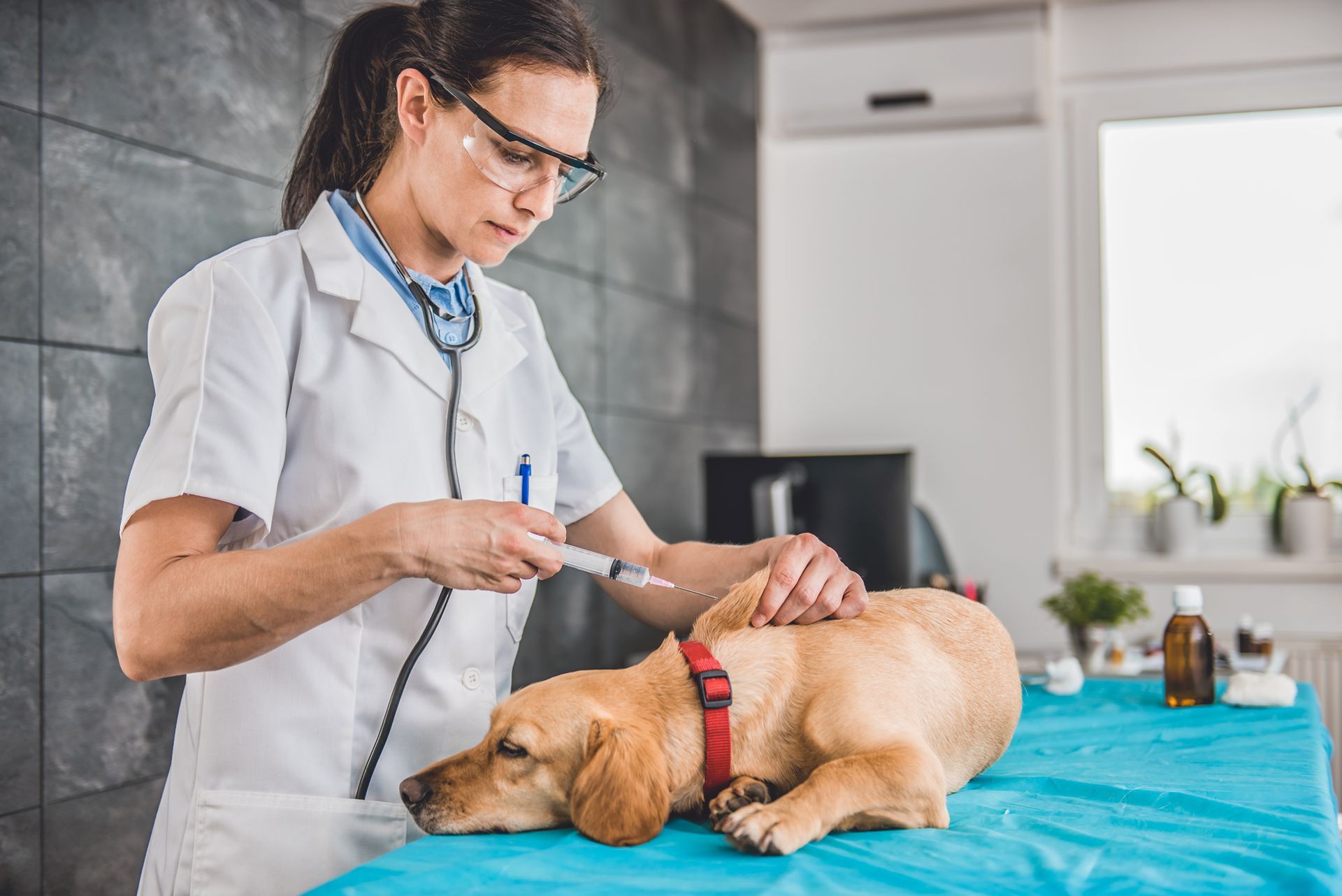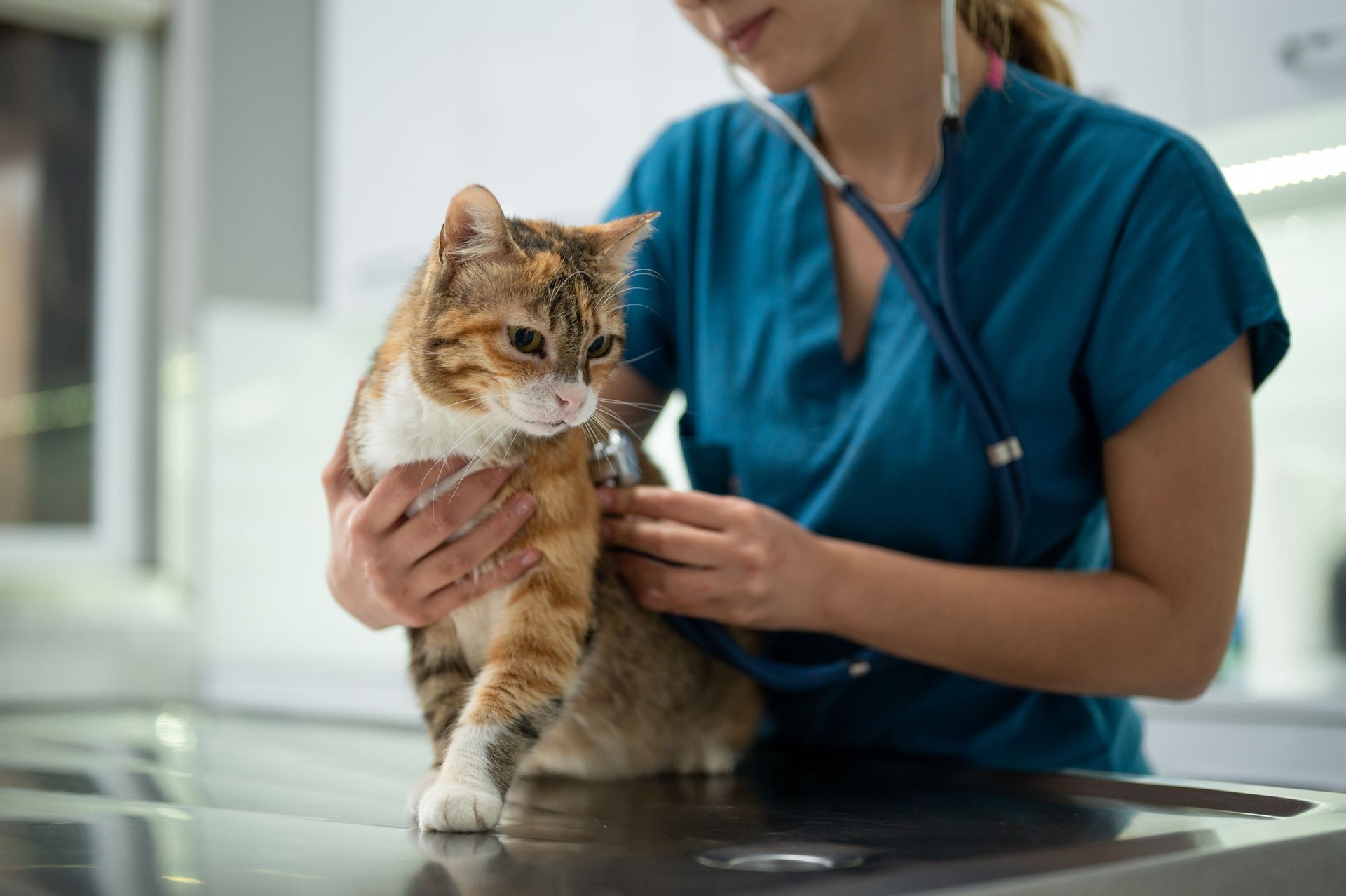To Vaccinate Your Pet or Not
A growing number of people feel they shouldn't have their pets vaccinated. Some feel they know best how often they should vaccinate, if at all. Some others attempt to administer vaccinations to their pets themselves. If you have any questions about vaccinations, you should first speak to your vet. Here's why you shouldn't make any hasty decisions regarding pet vaccinations.
Why Vaccinations Are Important for Your Pet
Vaccinations aim to trigger the immune system of your pet in order to fight specific future infections. In this way, the vaccination can lessen the symptoms of the infection if it strikes your pet at some point. Sometimes, it can outright prevent the infection from occurring altogether.
Vaccinations can also save time and resources by preventing the need for expensive treatments for some infectious diseases. Occasionally, your town or HOA may require your pet have vaccinations to protect the health of other pets and even humans. It's just one of many services aimed at improving the health of your pet and its quality of life.
Not all vaccines are for all pets. Which vaccines your pet should receive will depend on several factors. For example, a dog that spends a lot of time on a farm may need different vaccinations from a dog that spends most of its time indoors.
Why Someone May Not Want to Vaccinate Their Pet
There are various reasons many people want to avoid vaccinations for their pets. While many of the reasons are legitimate, they're also broadly misunderstood. For example, some people feel their pets receive vaccinations far too often, so they cut vaccinations altogether.
Some people are fine with one type of vaccination but are leery about another. This too can sometimes cause people to cut out vaccinations altogether. Here are some of the things you should know before deciding to forego vaccinations.
Vaccinations Do Come With Risks
Pet vaccinations come with risks. Vaccinations are a medical treatment, and all medical treatments have risk. For pets, the risks are typically negligible.
Some pets may have a bad reaction to the vaccination. Usually, it's a mild reaction that doesn't last. Symptoms can include some discomfort or swelling. They can also include some coughing or fever.
However, a select few animals will have a severe reaction. These reactions can include emergencies involving hives, difficulty breathing, vomiting or a full collapse.
It's rare, but it's a possibility. In the end, it's up to you to weigh the low possibility of potential harm against the many benefits vaccinations bring to pets and the community around them.
Some Vaccinations Must Occur Regularly
Many vaccinations aren't one-and-done shots of protection. Remember these pet vaccinations aim to build up immunity. That process happens over time. Some vaccinations will require yearly visits or other regular scheduling. That's just how they work. If you stop a series of vaccinations, you will leave your pet with only partial protection.
Why You Should Speak to a Veterinarian First
One common misconception people have about vaccinations is they're all the same. Understand every dog or cat doesn't need or receive the same vaccinations. Your pet requires a vaccination plan tailored to their breed, lifestyle, health and various other factors.
That's why it's important to speak to a vet first about vaccinations. You may think your pet will receive too few or too many vaccinations. Only a veterinarian can help you figure out what kind of vaccination schedule will work best for you and your pet.
Many of the fears associated with pet vaccinations fall away once you speak to a veterinarian. It's important to gain a better understanding of how vaccinations work and how they will specifically work with your pet.
The Baywood Animal Hospital is here to help educate pet owners on what they should consider when it comes to vaccinations. Northeastern Florida pet owners with questions should contact us first.

